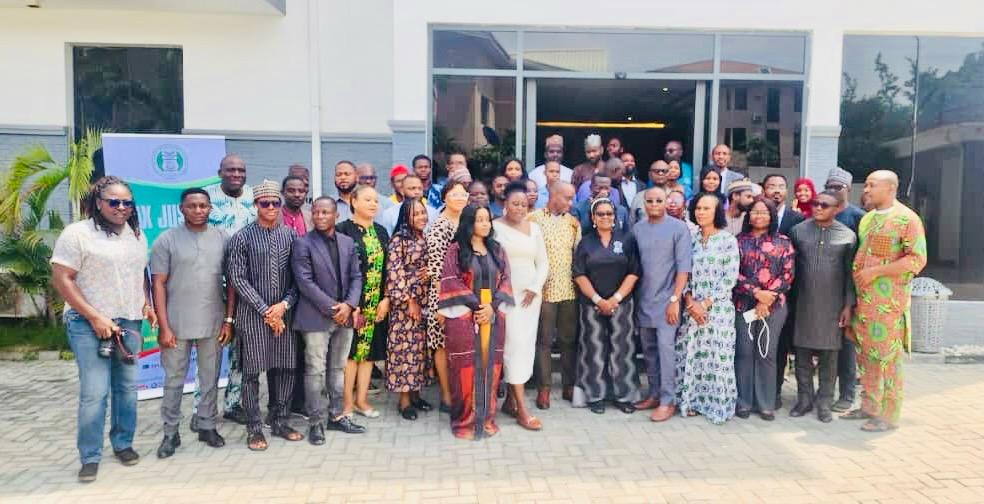Stakeholders, including civil society organisations (CSOs), have called for increased advocacy and effective implementation of tax policies across Nigeria.
They took the position on Wednesday at the launch and onboarding ceremony of the federal capital territory (FCT) chapter of the tax justice and governance platform (TJ\&GP).
The event attracted stakeholders from government agencies, policy institutions, and tax experts, who discussed strategies to improve the country’s tax system through improved data access, public awareness, transparency, and accountability.
The participating CSOs included ActionAid Nigeria, Civil Society Legislative Advocacy Centre (CISLAC), International Budget Partnership (IBP), Nigeria Labour Congress (NLC), Oxfam, Centre for Democracy and Development (CDD), and Christian Aid.
Advertisement
Chika Okoh, senior programme coordinator on tax equity at IBP, said tax advocacy remains a weak link in Nigeria’s governance ecosystem.
“Budget advocacy is strong — we have many people doing budget analysis and questioning how spending is done,” Okoh said.
“But we don’t have much analysis on the government’s revenue projections — how they intend to fund the budget, what tax revenue looks like, and how it will evolve. For instance, VAT is at 7.5%, yet we still fall short. This creates a revenue shortfall that affects spending.”
Advertisement
The IBP official stressed the need for greater focus on tax transparency and accountability.
Chinedu Bassey, a TJ&GP steering committee member and tax expert, said the new FCT chapter is part of efforts to create a multi-stakeholder platform for evidence-based tax governance.
“We aim to develop a tax engagement agenda specific to the FCT and at the national level to support sustained advocacy,” he said.
Bassey said the platform would help build capacity among civic actors and improve coordination between state and non-state players to advance tax and fiscal justice advocacy in the FCT.
Advertisement
“There will be focused advocacy to engage key stakeholders in the formulation and implementation of gender-responsive tax policies,” he added.
The expert also emphasised the need for widespread tax education in the FCT to raise public awareness and encourage citizen participation.
On his part, Kolawole Banwo, the executive director of the Initiative for Participation, Accountability and Inclusive Development (I-PAID), encouraged new members to focus on contributing meaningfully to the platform rather than merely seeking benefits.
Advertisement












